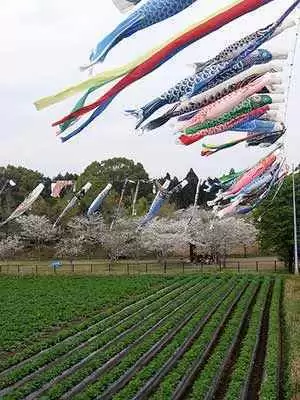Celiac.com 03/08/2012 - Eating gluten-free for an entire lifetime is no easy task. Many people with celiac disease and gluten-sensitivities would love an alternative to a gluten-free diet, and a number of companies are looking to develop alternative therapies that would enable people to consume gluten without suffering damage.
 Even though nearly all drug-development programs include gluten challenges, very little is known about the duration of gluten challenge and gluten dosage. That is, how quickly does gluten cause damage, and at what dosages?
Even though nearly all drug-development programs include gluten challenges, very little is known about the duration of gluten challenge and gluten dosage. That is, how quickly does gluten cause damage, and at what dosages?
Celiac.com Sponsor (A12):
A team of researchers recently studied the ways in which antibodies respond and mucosa change when the small bowel is exposed to gluten in people with celiac disease. The study team included Marja-Leena Lähdeaho, Markku Mäki, Kaija Laurila, Heini Huhtala, and Katri Kaukinen.
To assess the amount of gluten-exposure needed to cause some small-bowel mucosal deterioration, the team conducted a gluten-challenge on twenty-five adult celiac patients. Each patient received either a low (1-3 g) or moderate (3-5g) doses of gluten daily for 12 weeks.
The team assessed patient symptoms, including small-bowel morphology, densities of CD3+ intraepithelial lymphocytes (IELs) and celiac serology.
Their results showed that both moderate and low amounts of gluten induced small-bowel damage in 67% of celiac patients. However, moderate gluten doses also caused mucosal inflammation and gastrointestinal symptoms in seven patients that lead to their premature withdrawal from the study. Interestingly, 22% of patients who developed significant small-intestinal damage showed no symptoms.
The team concludes that, for most people with celiac disease, even low amounts of gluten can cause significant mucosal changes. However, since many people with celiac disease show no such response, sample sizes must be large enough to be statistically significant.
Source:
- Open Original Shared Link.





.webp.766ee13fbe7f620955526d7f62bc7163.webp)





Recommended Comments